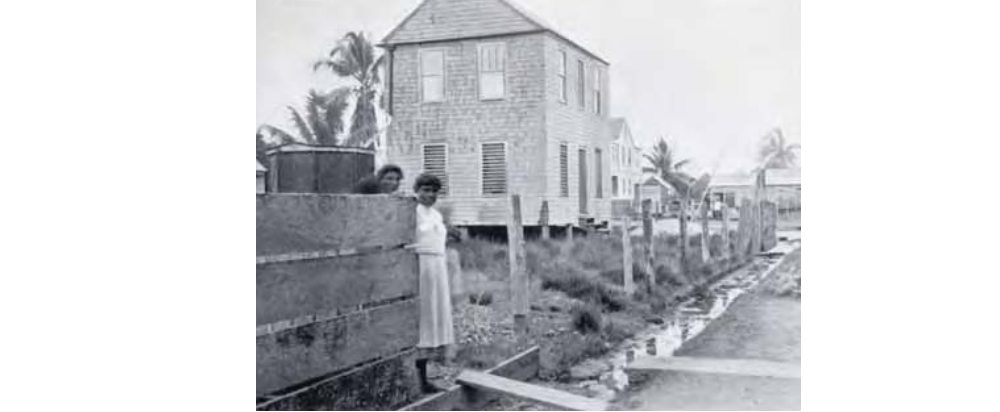Photo: Estella and Gertrude Bradley
by Kristen Ku
BELIZE CITY, Thurs. July 20, 2023
July 22, 2023, marks the 104th anniversary of an event that remains largely overlooked in the records of Belize’s history. Known as the 1919 Ex-Servicemen Revolution, this extraordinary uprising could have been a turning point for the then-British colony, potentially altering its trajectory forever.
Despite its profound implications, the revolution is not widely covered in history books, overshadowed by more familiar narratives. But the significance of that fateful night, when black ex-servicemen rose against their white colonial masters, resonates even a century later, as issues of racism, discrimination, and social inequality persist in the country.
The 1919 revolution erupted in Belize Town, with a core group of over three hundred black British Honduran ex-servicemen who had valiantly served in World War One. Disgusted by the racism they experienced while abroad and frustrated by delayed pay, lack of access to land and jobs, they took to the streets on July 22, 1919.
This initial group swelled in size as over three thousand residents of Belize Town joined the procession, marching along Albert and Regent Streets, crossing the Swing Bridge, and advancing towards Queen and North Front Streets.
In the backdrop of the revolution, there lay a history of oppression and inequality that had been building up for over eight decades since the emancipation of slaves in 1838. Black individuals faced not only the horrors of war on foreign soil but also the harsh realities of colonial rule and discrimination at home. The treatment they endured at the hands of white colonial authorities and fellow soldiers was inhumane, marked by abuse, segregation, and exclusion from various facilities reserved for “whites only.”
The 1919 Revolution, according to UEF chairperson YaYa Marin Coleman and historians, was not an isolated event. It had deep roots in previous protests, such as the 1894 Labourers’ Riot, where citizens revolted against proposed devaluation.
The night of the riot saw an amalgamation of working-class men and women, including the contingent men who initiated the uprising. Working women from the urban Creole community played a significant role, as they did in the 1894 riot, demonstrating the inclusive nature of the rebellion.
YaYa highlighted that the riot reflected not only the demand for political change but also for economic rights. It was a pivotal moment where individuals and communities demanded state action, seeking native and citizen rights to make a living and support their families.
Despite the revolution not achieving its ultimate goal of ending colonial rule, it shook the foundations of the colonial order. It also paved the way for expanded and accelerated reforms that shaped Belize’s path toward independence.
As we commemorate the 104th anniversary of the 1919 Revolution, YaYa emphasized that the prevailing narrative of the revolution often paints an incomplete picture of the true events that transpired during that critical period.

